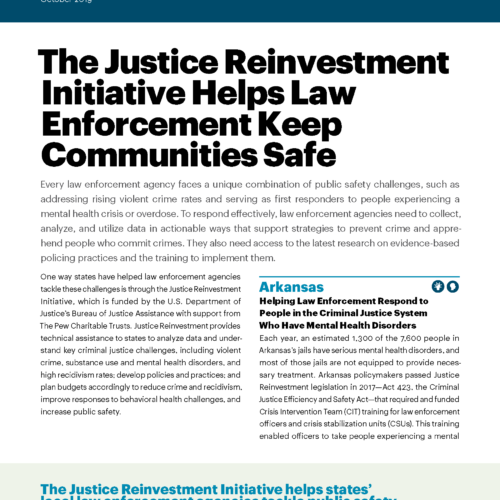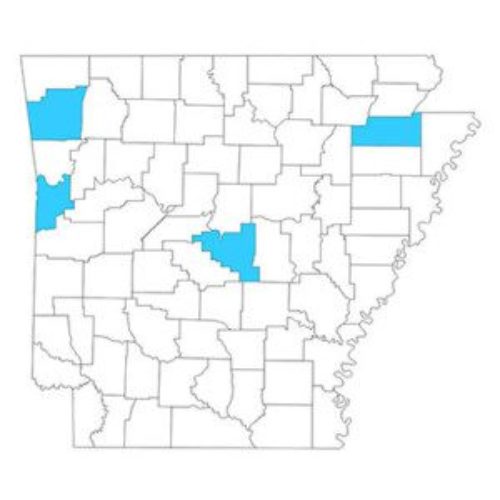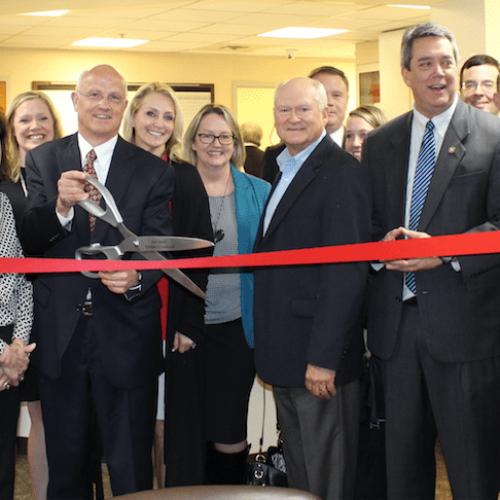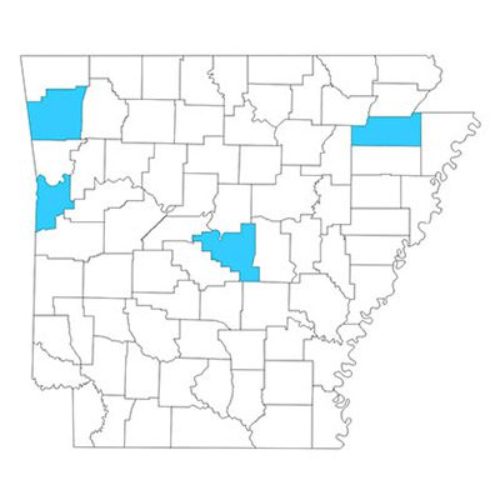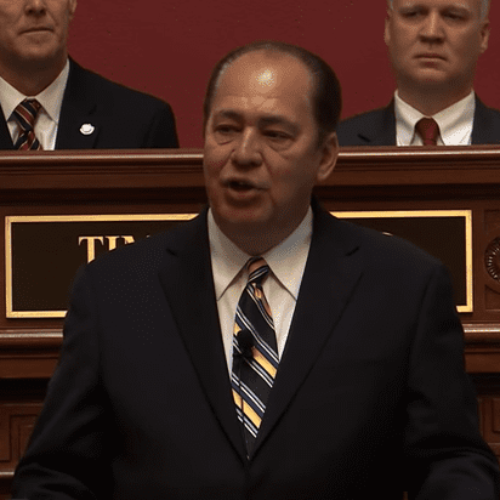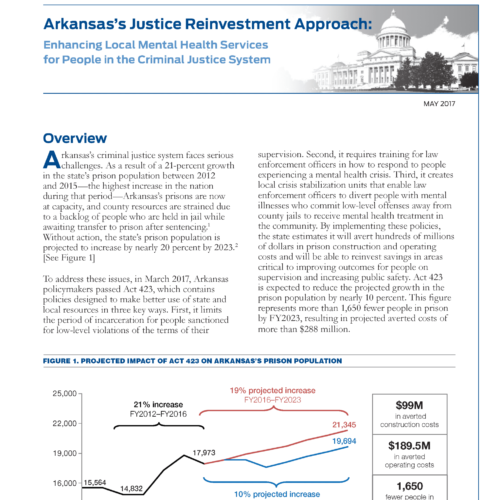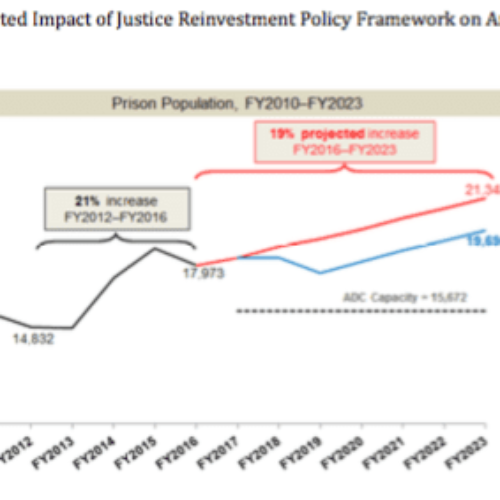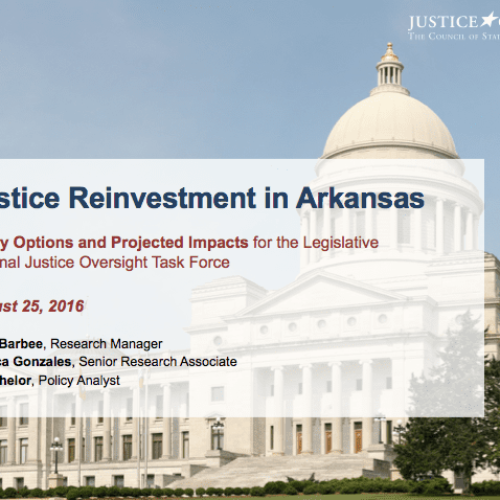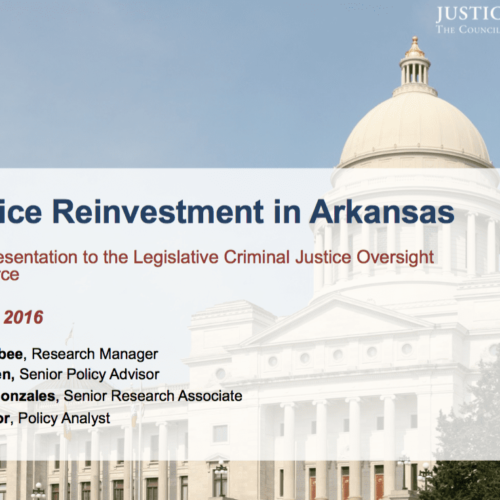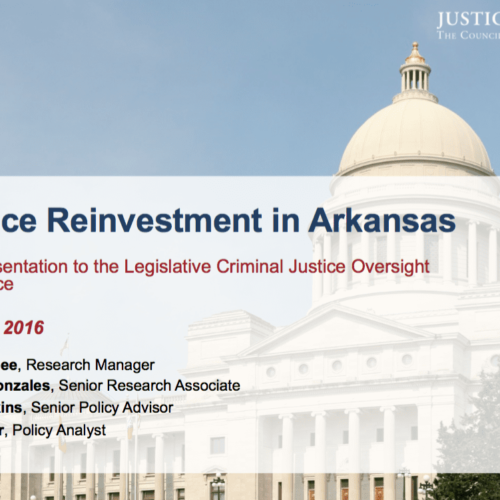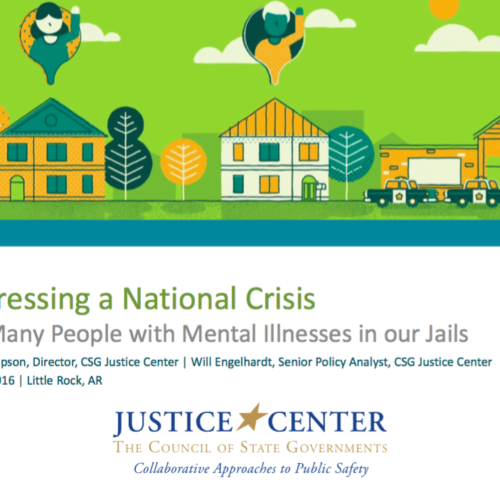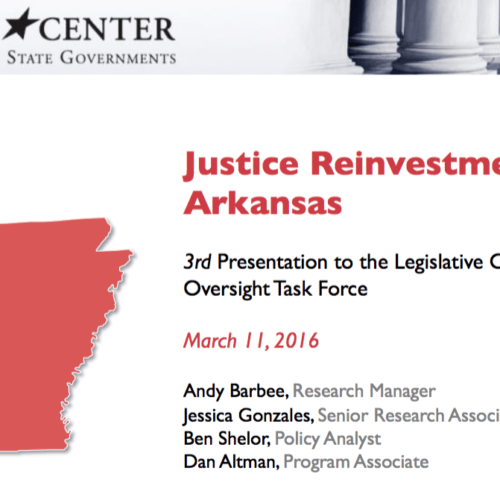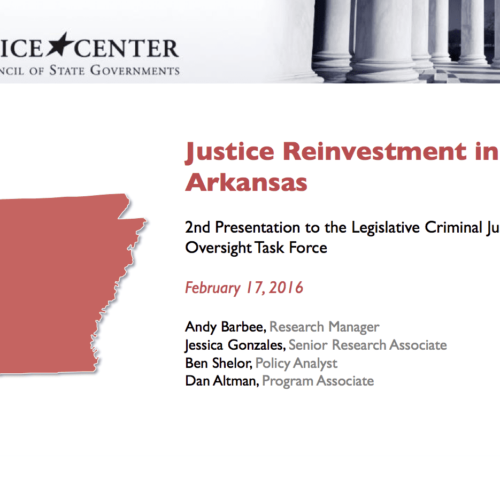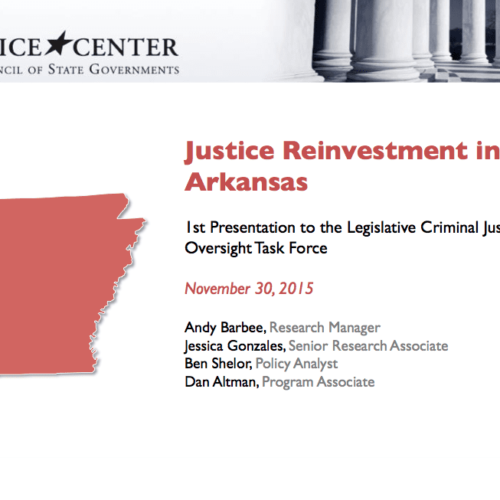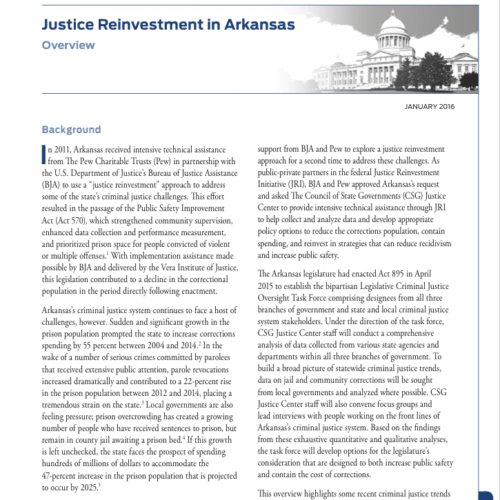Justice Reinvestment in Arkansas
The Problem
Arkansas is struggling with high recidivism rates. Forty-six percent of people released from prison in Arkansas return to incarceration within 3 years. Sixty-two percent of prison admissions in 2021 were for supervision revocations. Arkansas also has the third-highest incarceration rate in the country with a prison population that is projected to grow by almost 3,500 people by 2032. Arkansas state leaders across all three branches of government are eager to learn more about what causes this high recidivism rate and to better understand how Arkansas can safely and effectively reduce recidivism statewide.
How JRI is Helping
In the spring of 2023, state leaders in Arkansas launched a Justice Reinvestment effort under the leadership of the Recidivism Reduction Task Force and support from the Bureau of Justice Assistance (BJA), which is a component of the Department of Justice’s Office of Justice Programs. With guidance from the task force, CSG Justice Center staff analyzed data and trends related to crime, incarceration, recidivism, and community supervision to identify and understand the root causes of Arkansas’s high recidivism rate and its potential impact on crime. Working with Arkansas leaders and stakeholders, CSG Justice Center staff also evaluated services and programming in Arkansas’s criminal justice system to identify strengths and opportunities for growth.
Next Steps
At the close of 2024, CSG Justice Center staff presented a set of data-driven options to the task force, aimed at addressing the key challenges identified throughout the project. Since then, CSG Justice Center staff have provided information to state leaders as they explore how these recommendations can help Arkansas reduce recidivism and strengthen public safety through evidence-based best practices.
JRI in 2017
This is not the first time Arkansas has used JRI. In 2015, Arkansas prison facilities were at capacity, and a growing number of people sentenced to prison were being held in county jails awaiting transfer to prison. To address those issues, state leaders embarked on JRI with technical assistance from the CSG Justice Center and support from BJA and The Pew Charitable Trusts to develop data-driven policy options designed to reduce the prison population, contain corrections spending, and reinvest in strategies that reduce recidivism and increase public safety.
After nearly two years of data analysis and stakeholder discussions, then-Governor Asa Hutchinson signed the Criminal Justice Efficiency and Safety Act (Act 423) in March 2017. Act 423 strengthened probation and parole supervision practices, established a more effective and less costly approach for sanctioning violations of supervision, created crisis intervention training requirements for law enforcement agencies, and established four crisis stabilization units (CSUs) throughout Arkansas to divert people with mental illnesses away from county jails to provide treatment at the local level.
After passage of Act 423, the CSG Justice Center provided implementation assistance, which included the following:
- Helping state and agency leadership create and implement CSUs
- Developing a sanction and incentive system that incorporates the use of 90- and 180-day sanctions in conjunction with behavior change programming
- Training parole board members on best practices in parole decision-making
As of 2023, all 4 CSUs were fully operational in the state providing services to more than 30 counties, and hundreds of law enforcement officers had received the 40-hour crisis intervention training.














